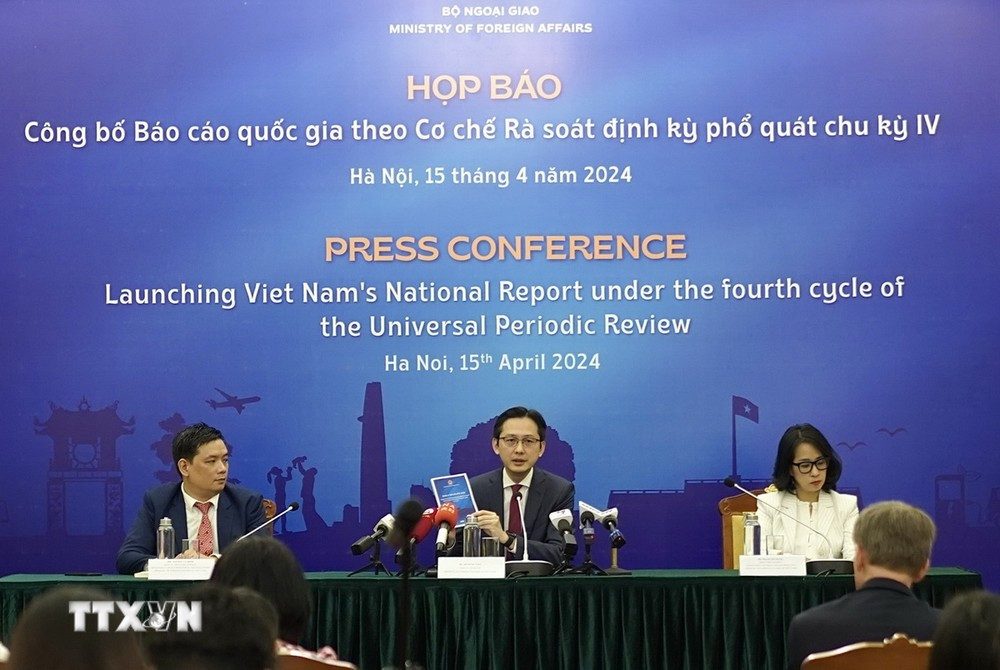
On the afternoon of April 15, in Hanoi, the Ministry of Foreign Affairs held an international press conference to announce Vietnam's National Report under the Universal Periodic Review (UPR) cycle IV of the United Nations Human Rights Council.
Chairing the press conference, Deputy Foreign Minister Do Hung Viet said that the UPR is one of the most important mechanisms of the Human Rights Council with the task of reviewing the human rights situation in all UN member states and thereby promoting countries to fully implement their human rights commitments on the principles of dialogue, equal cooperation, objectivity and transparency.
Vietnam has implemented nearly 90% of recommendations.
With a consistent policy on protecting and promoting human rights, Vietnam attaches great importance to the UPR mechanism and always seriously develops national reports as well as implements recommendations that Vietnam accepts at all cycles.
Recently, Vietnam officially submitted its UPR report for the fourth cycle and now the full text of the report in English and Vietnamese has been posted on the website of the Ministry of Foreign Affairs .
It is expected that on May 7, the Vietnamese delegation will attend the dialogue session on the UPR national report cycle IV at the United Nations Human Rights Council.
"The UPR National Report for the Fourth Cycle presents an overview of the protection and promotion of human rights in Vietnam in all areas since the previous review, and we also comprehensively reviewed the implementation of the recommendations that Vietnam accepted in the Third Cycle, as of January 2024. Of the 241 recommendations that Vietnam accepted in the Third Cycle, Vietnam has completed the implementation of 209 recommendations, accounting for 86.7%; partially implemented 30 recommendations, accounting for 12.4%, and we are considering implementing the remaining two recommendations at an appropriate time," said Deputy Minister Do Hung Viet.
The report provides an updated situation with specific evidence, information and data, thereby affirming Vietnam's great efforts in ensuring human rights, especially in perfecting the legal system on human rights, fulfilling obligations under international treaties on human rights to which Vietnam is a member, as well as Vietnam's achievements in sustainable multidimensional poverty reduction, ensuring social security, improving people's lives and ensuring the rights of vulnerable groups; Vietnam's participation in dialogues with international and regional partners in the field of human rights.
Deputy Minister Do Hung Viet noted that Vietnam's efforts to implement the recommendations of the third cycle took place in the context of the extremely difficult and challenging COVID-19 pandemic, which has had a profound impact on Vietnam's overall socio-economic development as well as its efforts to ensure human rights.
According to the Deputy Minister, the report has several highlights. From 2019 to November 2023, Vietnam continued its efforts to build a rule-of-law state with 44 laws passed, including many important legal documents related to human rights and civil rights.
Regarding the review and accession to international conventions related to human rights, Vietnam has joined the International Labor Organization (ILO) Convention No. 98 on the Right to Organize and Collective Bargaining and the ILO Convention No. 105 on the Abolition of Forced Labor. Vietnam has also participated in negotiations and officially joined the Global Compact for Safe, Orderly and Regular Migration (GCM).
In addition, the report also shows some statistics such as: from 2009 to present, GDP per capita in Vietnam has increased by 25%, the poverty rate has decreased by 1.5% per year. The preventive health network is widely organized nationwide, closely linked to primary health care, the health insurance coverage rate has increased from more than 81% in 2016 to 92% in 2022. The rate of households using clean water sources in Vietnam has reached 98.3%, an increase of nearly 1 percentage point compared to 2018.
The media, press and Internet have developed strongly and become forums for people and social organizations and tools for monitoring the implementation of policies and laws, protecting the rights and legitimate interests of the people.
Deputy Minister Do Hung Viet emphasized that after 26 years of connecting to the Internet, Vietnam has a modern telecommunications technology system with high popularity.
As of September 2023, Vietnam had 78 million Internet users, an increase of 21% compared to the number of subscribers in 2019. The number of mobile broadband subscribers was 86.6 million, an increase of 38% compared to 2019.
Currently, there are about 72,000 associations operating in Vietnam regularly, actively participating in contributing to solving important socio-economic issues of the country.
In addition to the important results achieved, Deputy Minister Do Hung Viet said the report pointed out the challenges that Vietnam must face and from there proposed priority directions such as determining cooperation needs in the coming time.
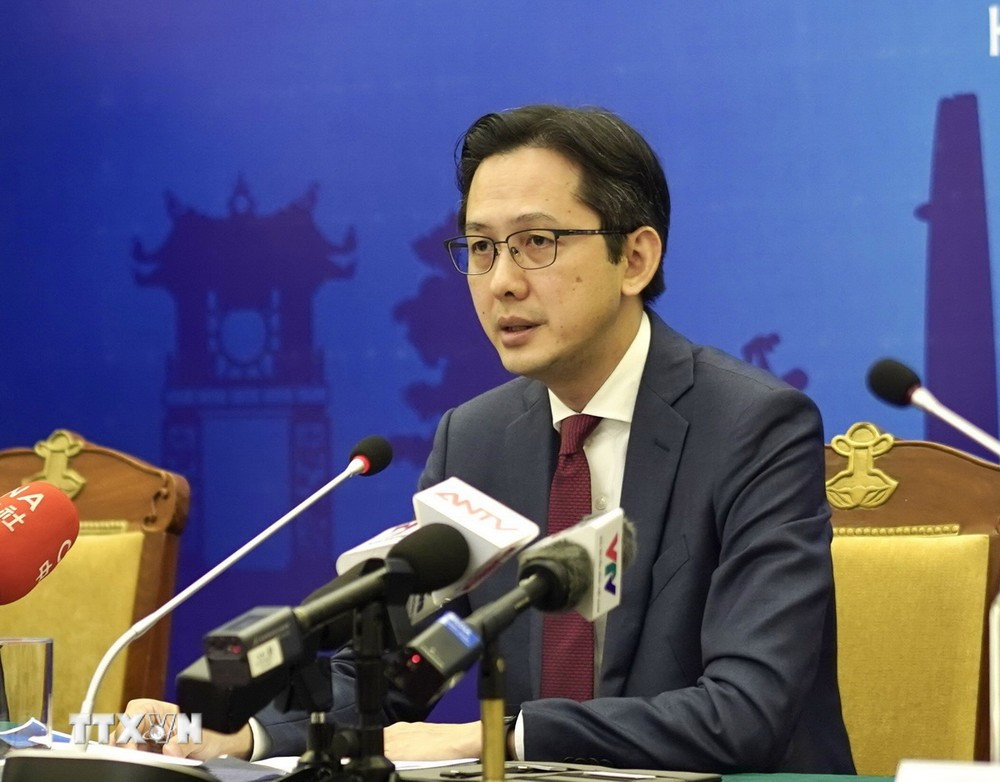
For example, Vietnam needs to continue to increase resources for sustainable and inclusive development, improve the efficiency of public service provision, strengthen administrative reform efforts, effectively implement the strategy on green transformation and digital transformation; fully implement the sustainable development goals (SDGs) or expand the social security system and narrow the development gap between urban, rural, remote and isolated areas, and raise awareness of people and government officials at all levels on human rights issues.
Sharing about the report development process, Deputy Minister Do Hung Viet said that the report was carried out in a comprehensive and transparent manner with the participation and contributions of state agencies, socio-political organizations, professional organizations, non-governmental organizations, development partners and people, with direct contributions at consultation workshops organized by the Ministry of Foreign Affairs and a number of ministries and branches or sent directly to the Ministry of Foreign Affairs.
"With such approaches, it can be said that the Vietnam National Report is a joint product of stakeholders responsible for implementing UPR recommendations as well as enjoying the results of this process," Deputy Minister Do Hung Viet stated.
Rejecting the report of the UN agencies
At the press conference, Deputy Minister Do Hung Viet answered a question from a reporter related to the report.
Responding to press questions about the reports of United Nations agencies in Vietnam under the universal periodic review mechanism of the fourth cycle, which made subjective assessments of the human rights situation in Vietnam, Deputy Minister Do Hung Viet stated: “One of the fundamental principles of modern international relations and recorded in the United Nations Charter is the principle of non-interference in the internal affairs of countries. And one of the principles that is also fundamental to the relationship between Vietnam and countries in the world is respect for each other's political regime. I resolutely reject any opinions, proposals, or recommendations that violate this rule."
According to the Deputy Minister, all other reports of United Nations agencies are not conducted openly, transparently, and without full consultation as Vietnam does with its National Report.
TB (according to VNA)Source




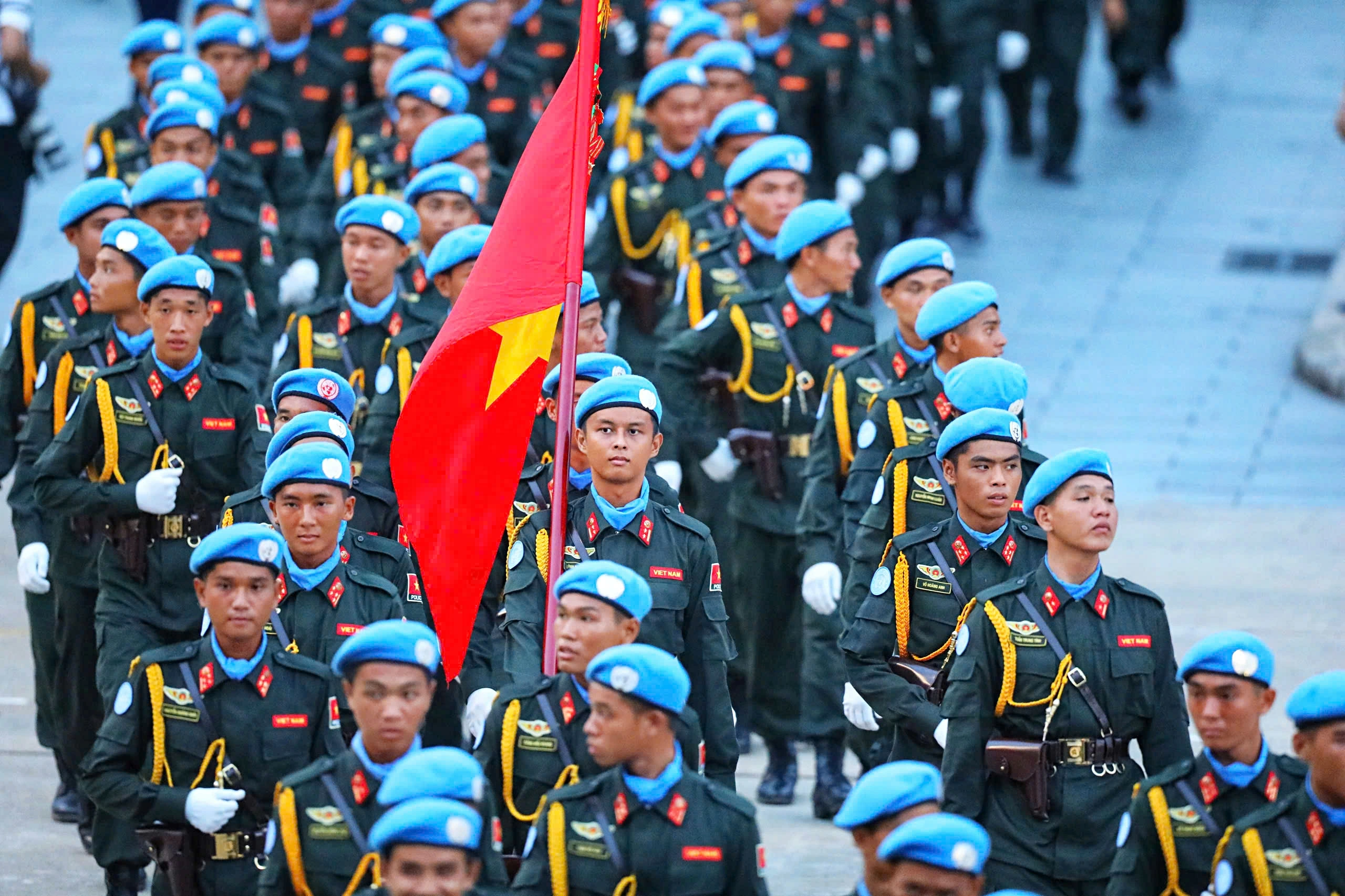
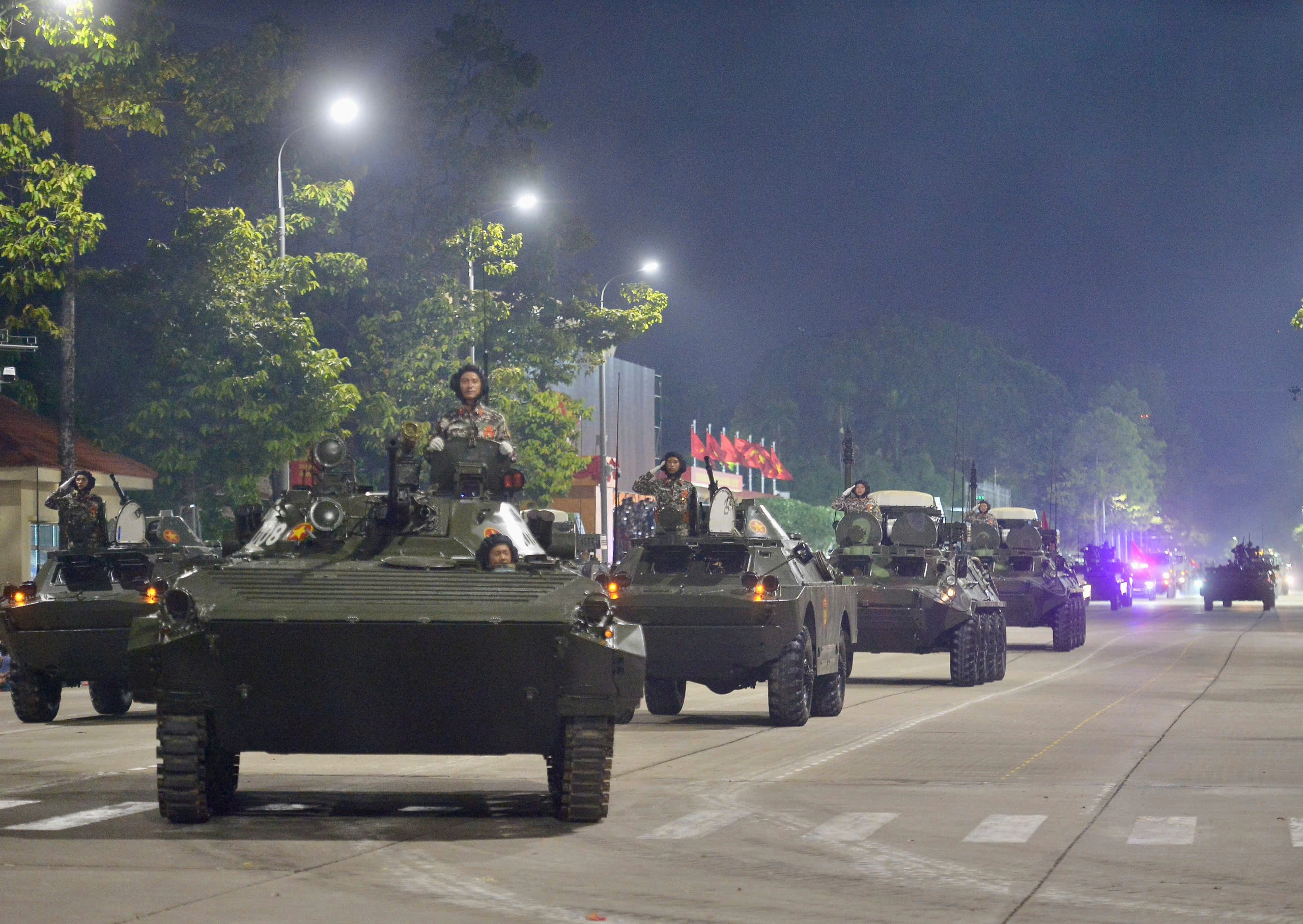


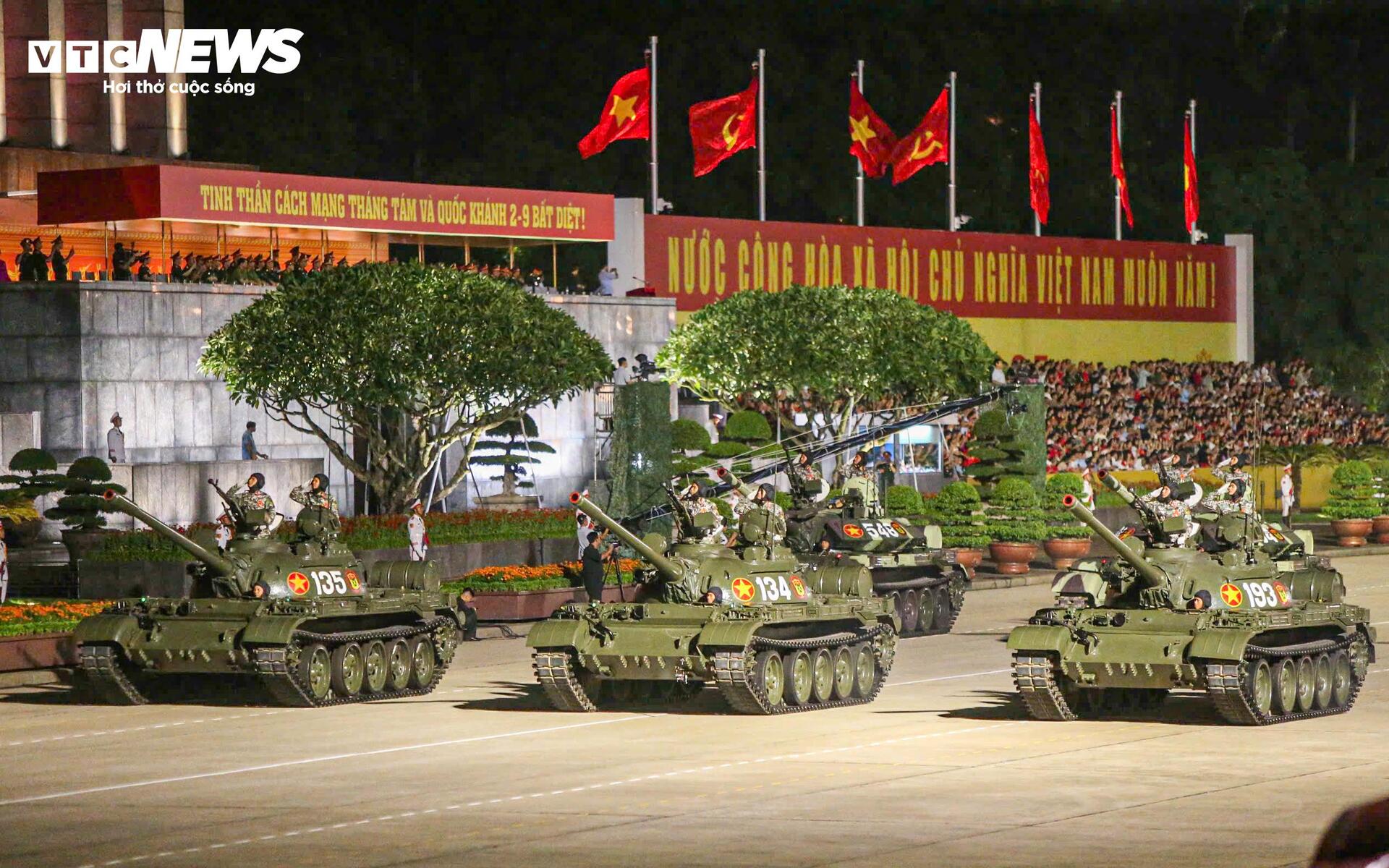
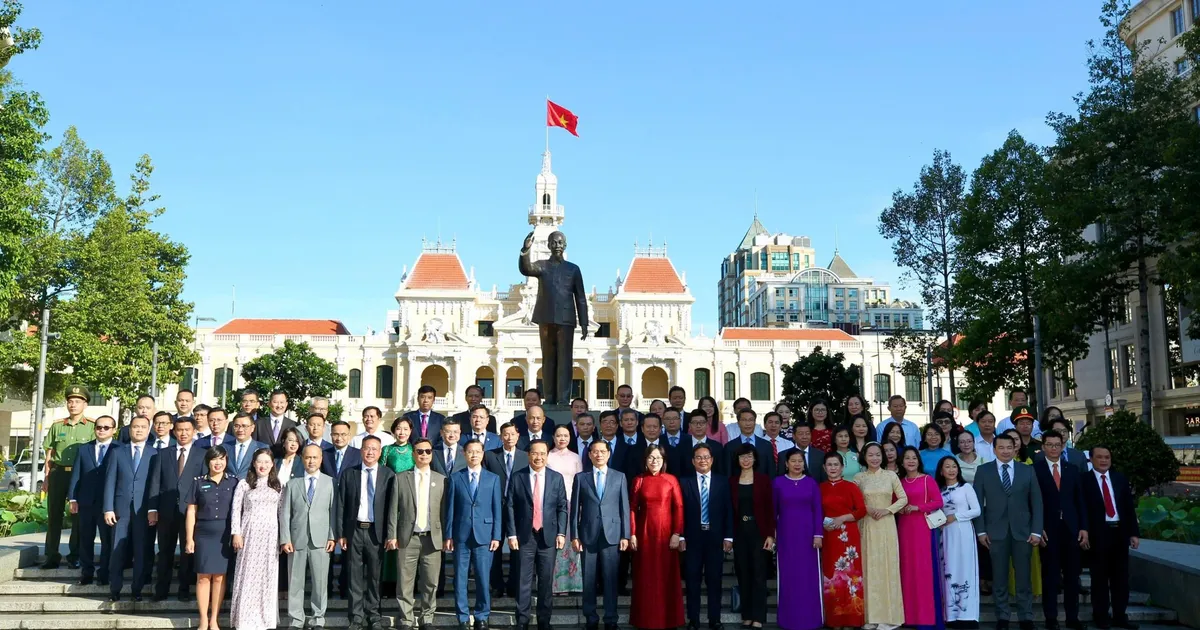

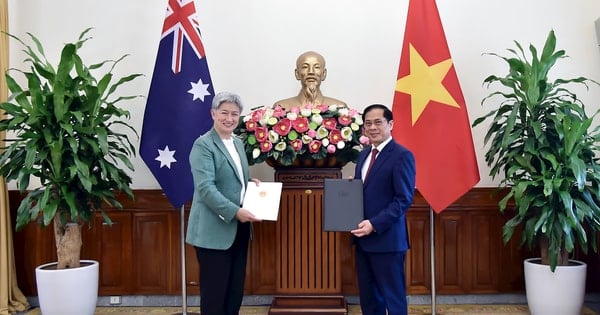

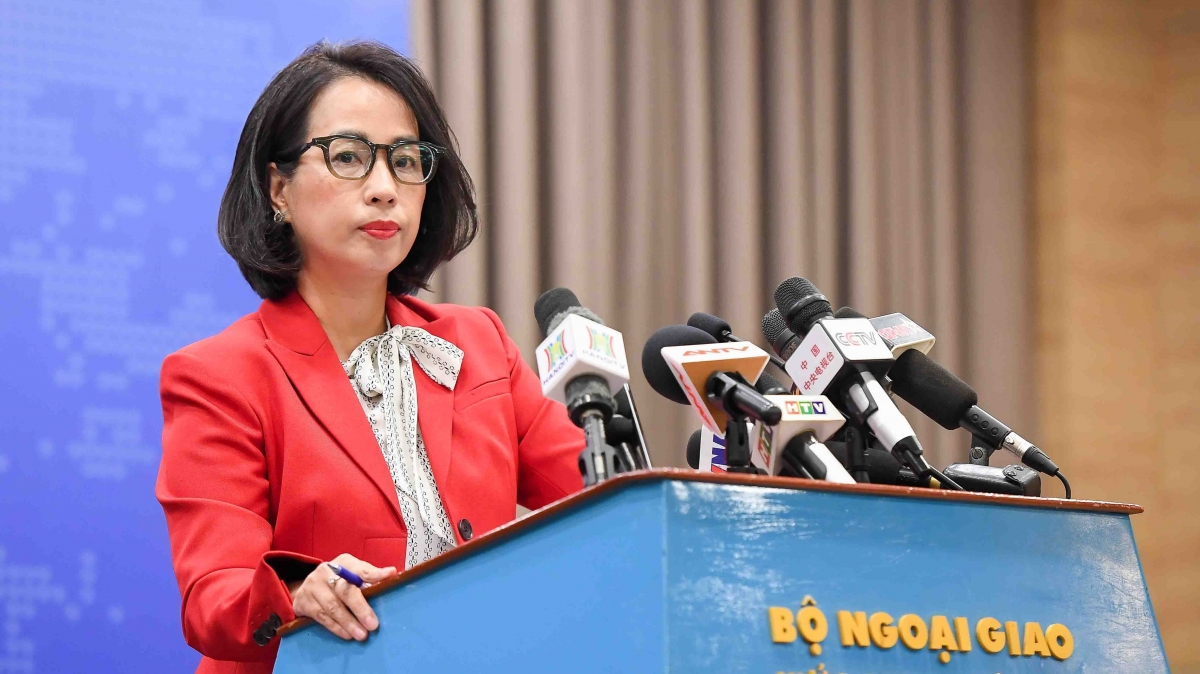



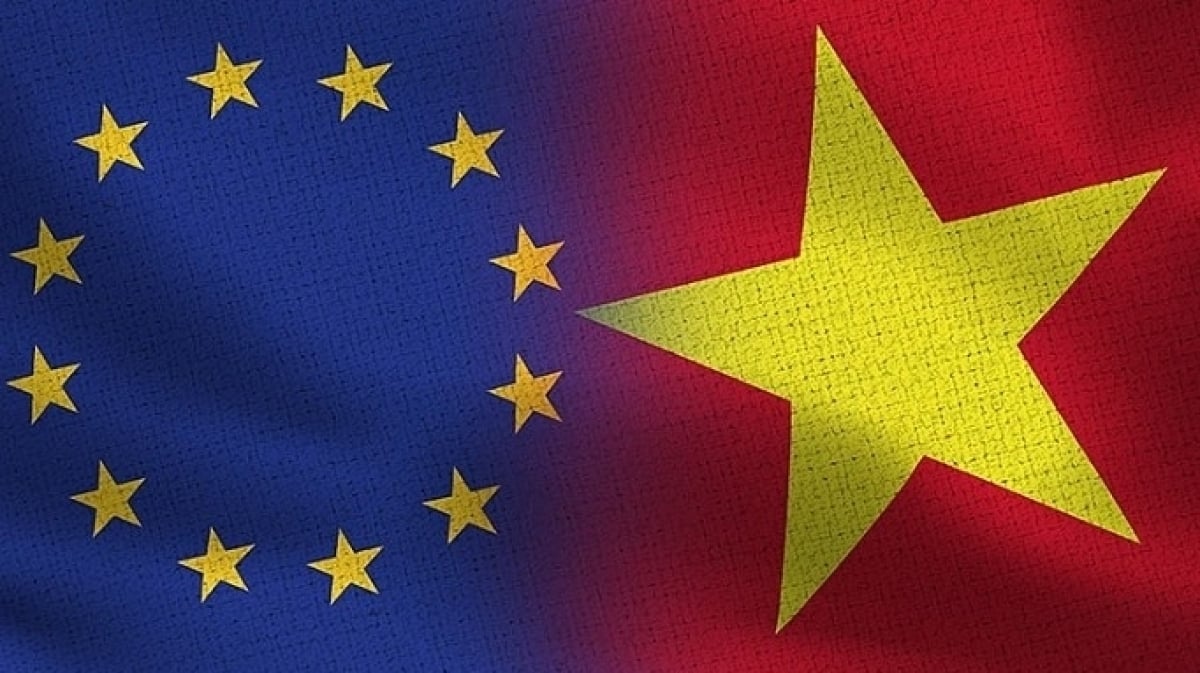
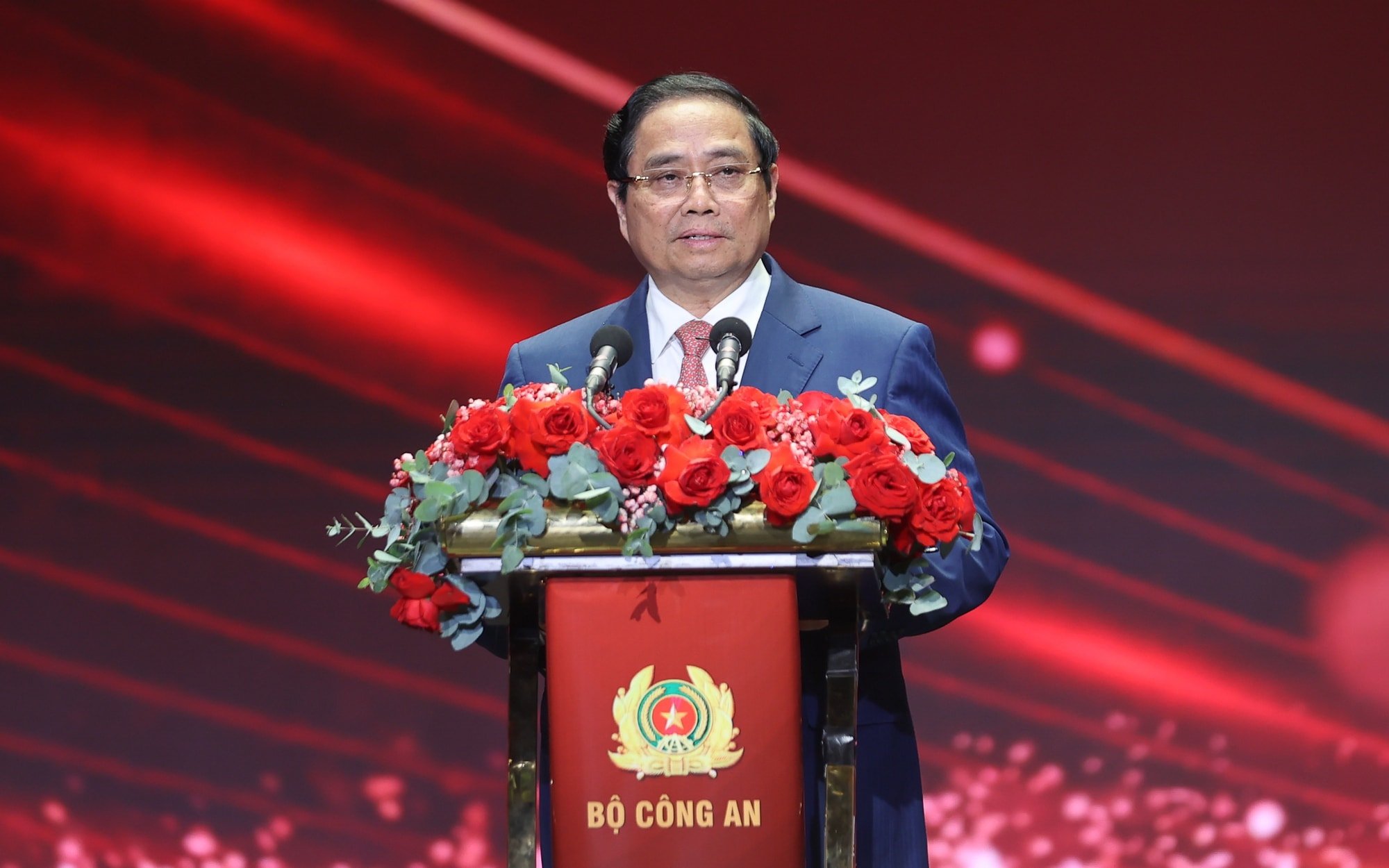

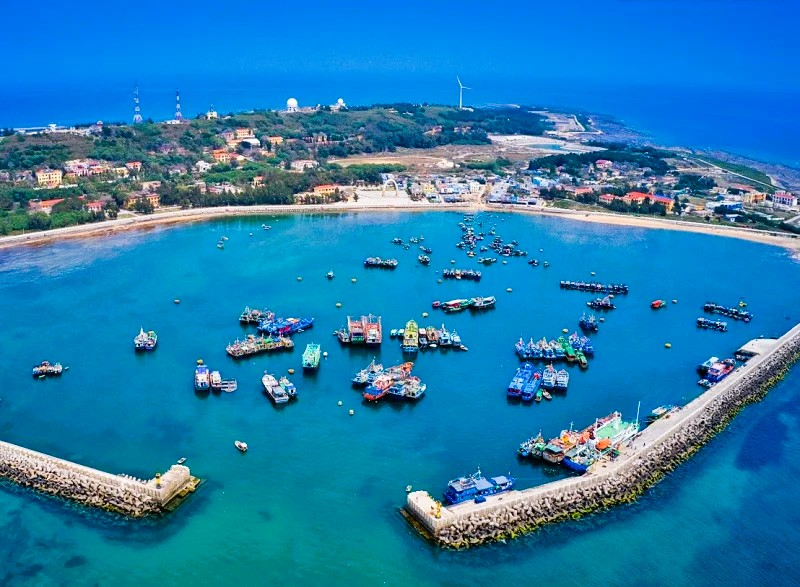

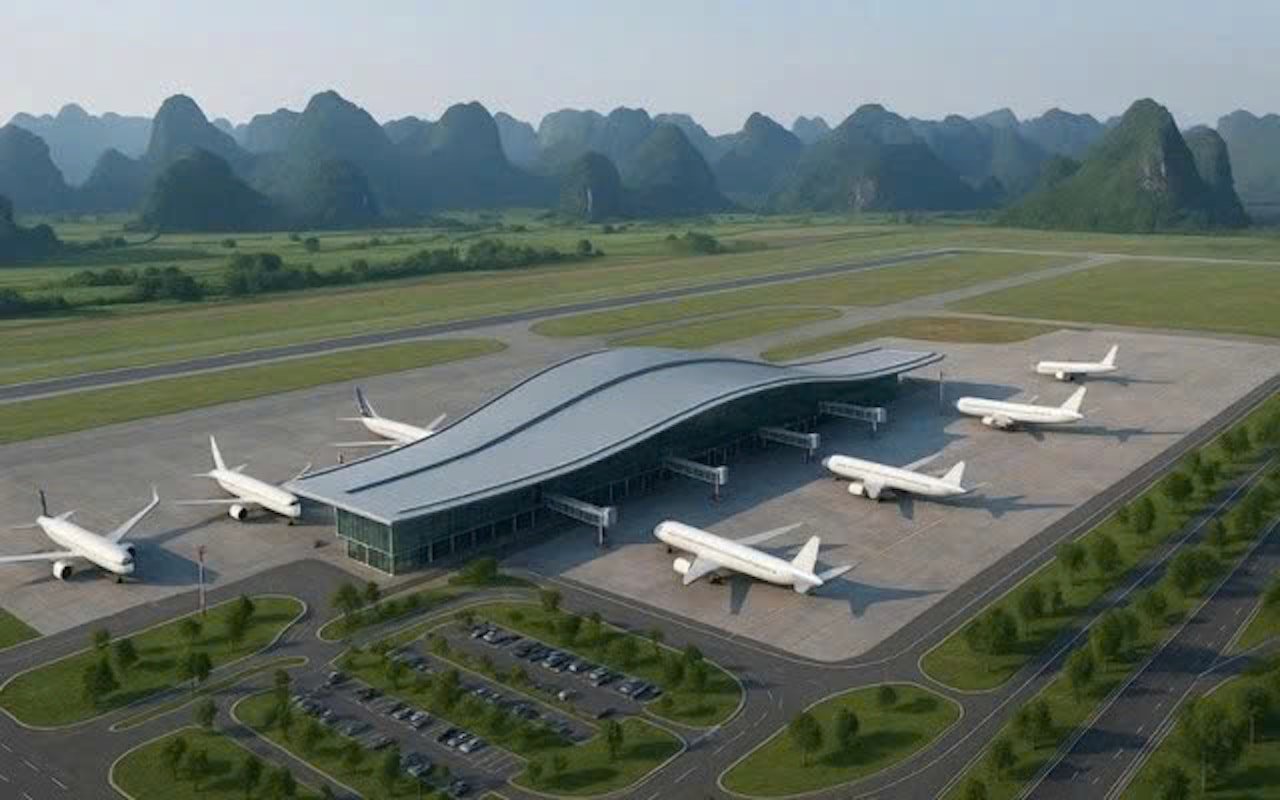
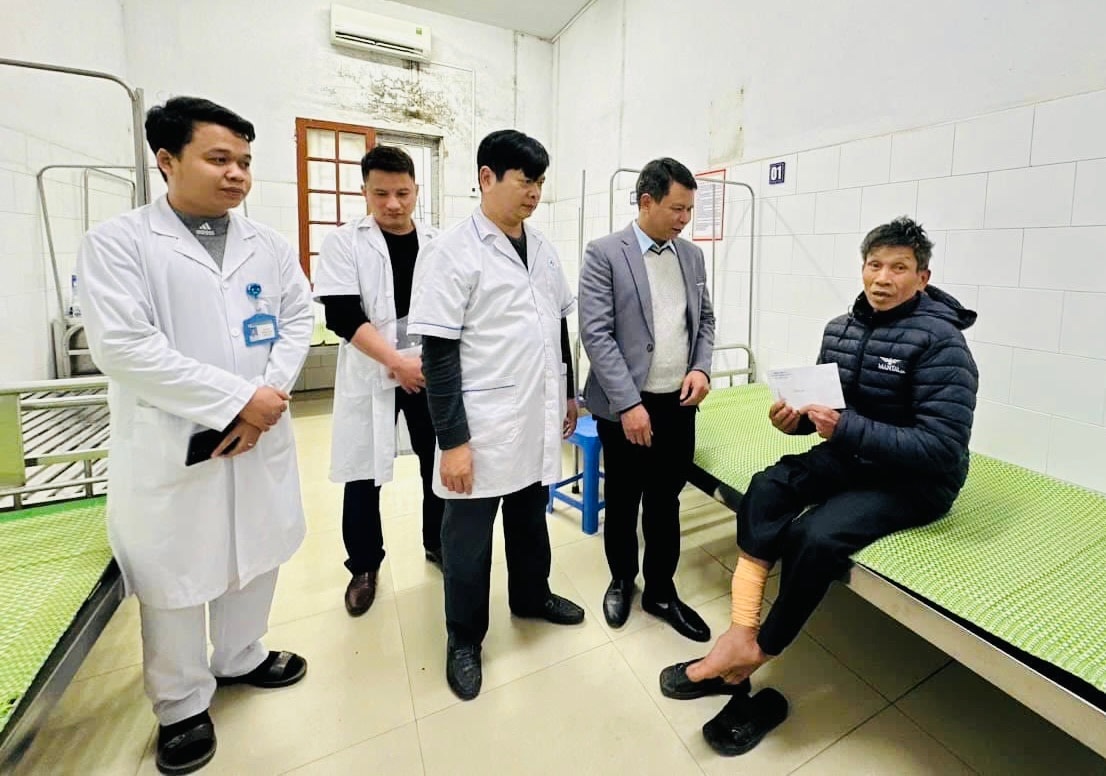
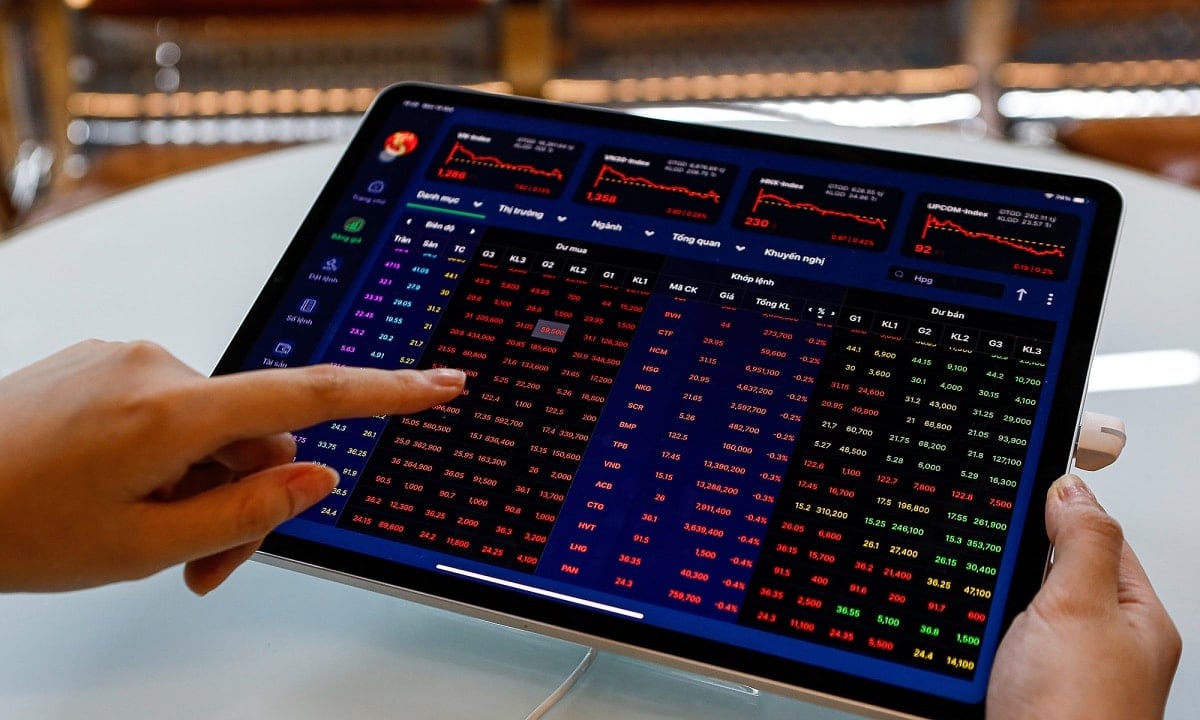
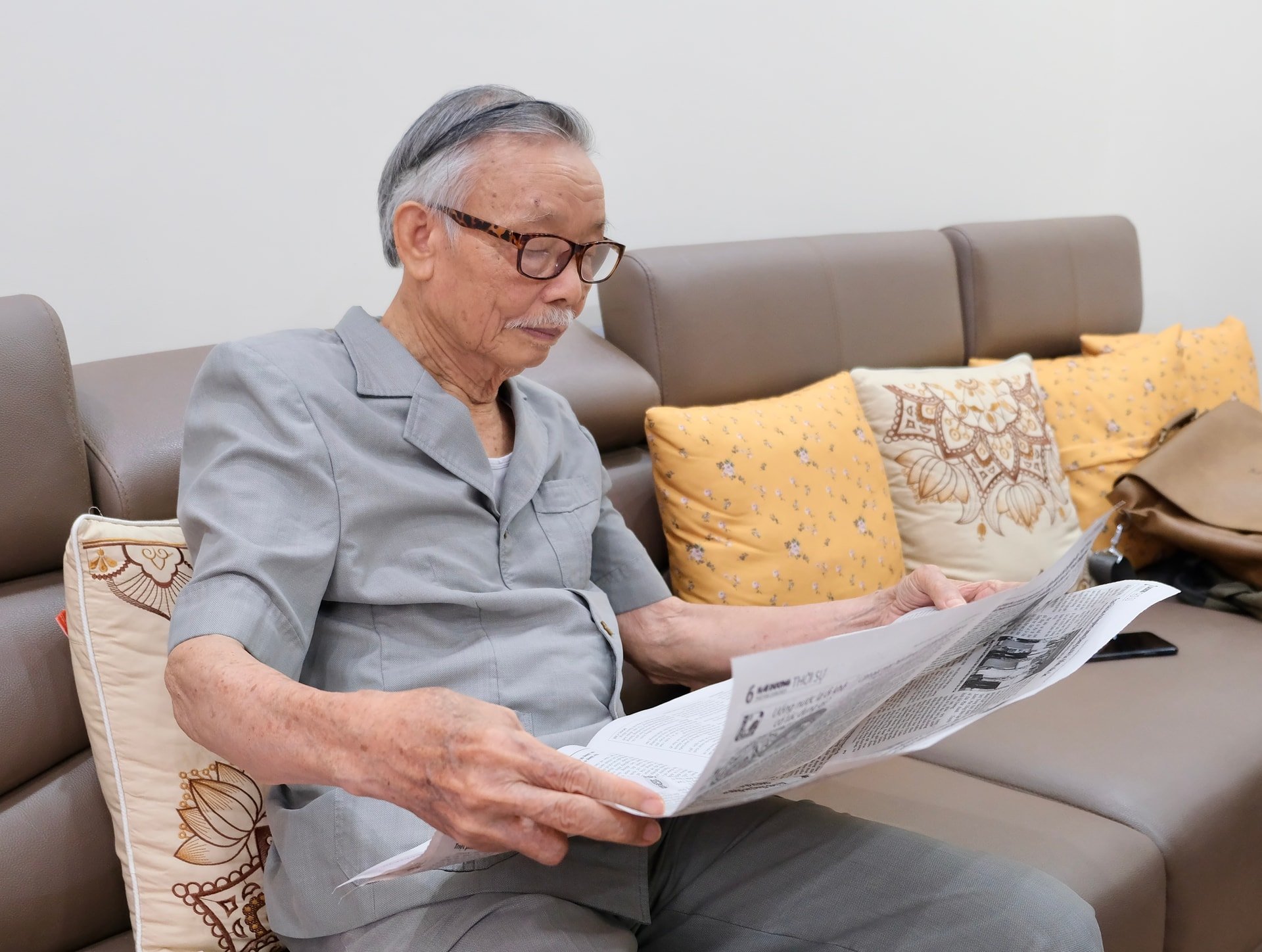
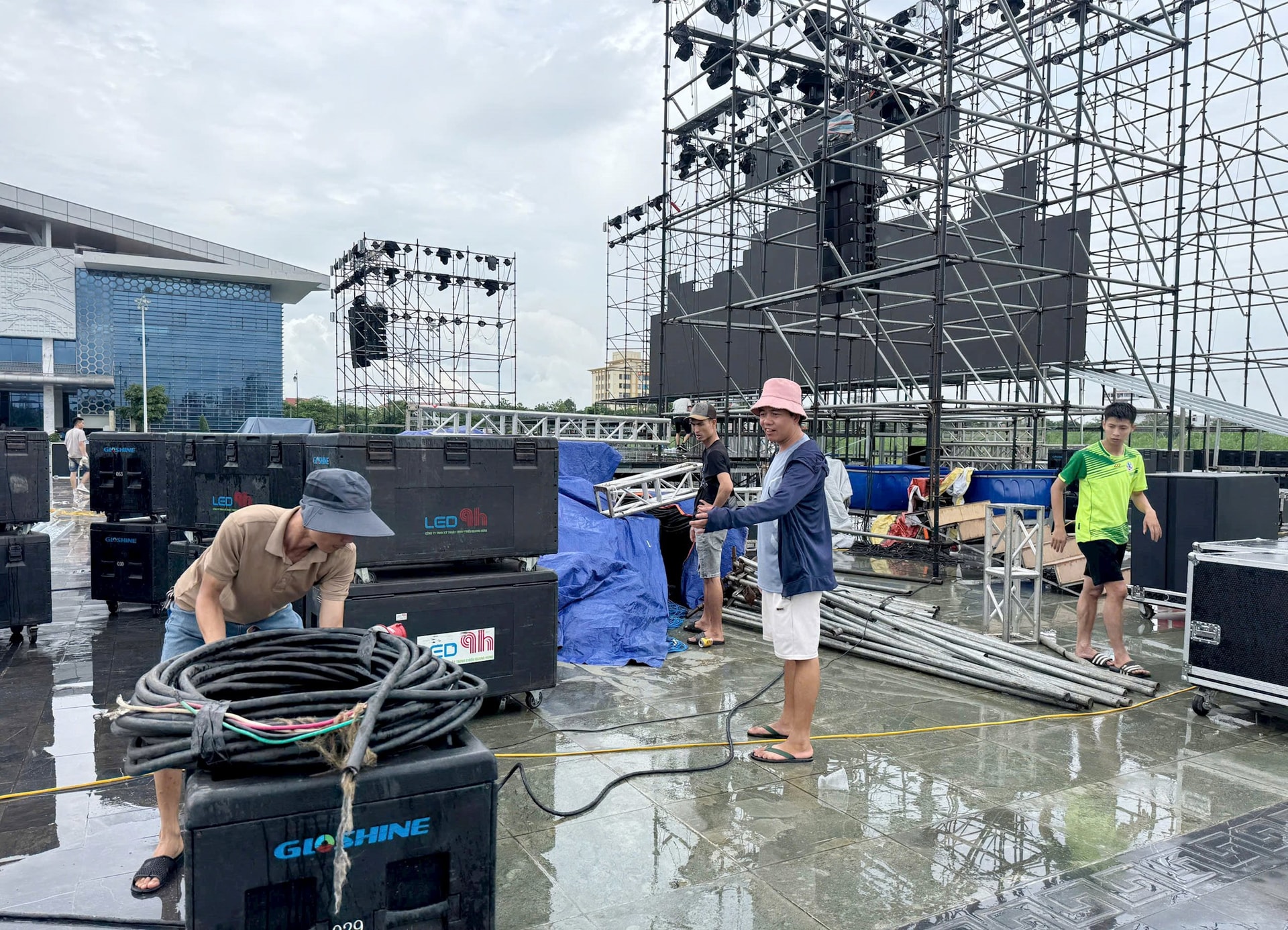




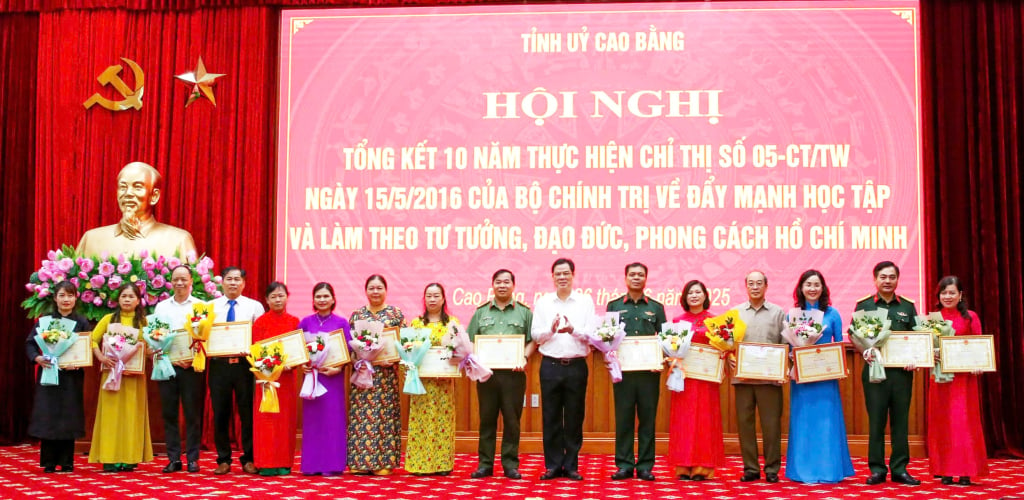
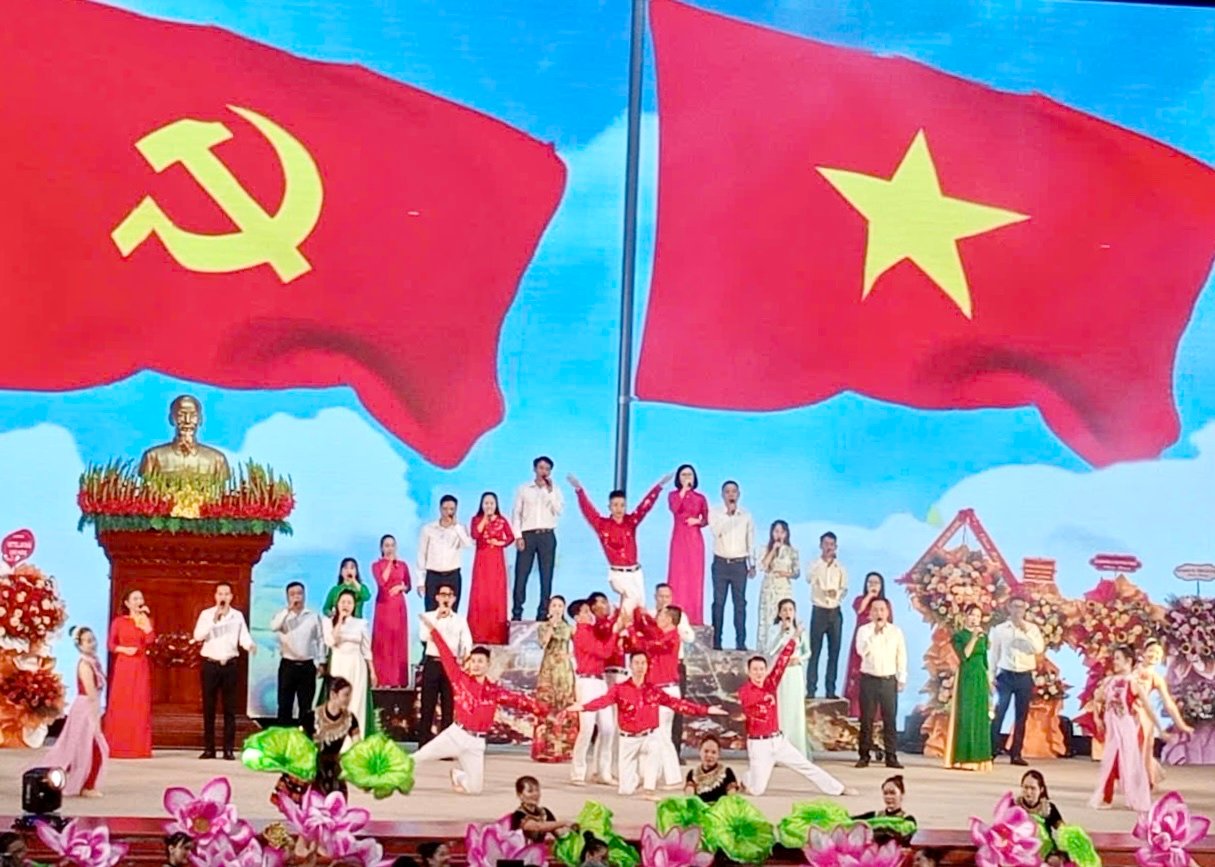

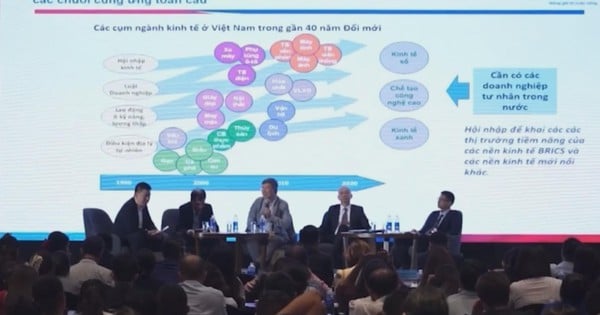
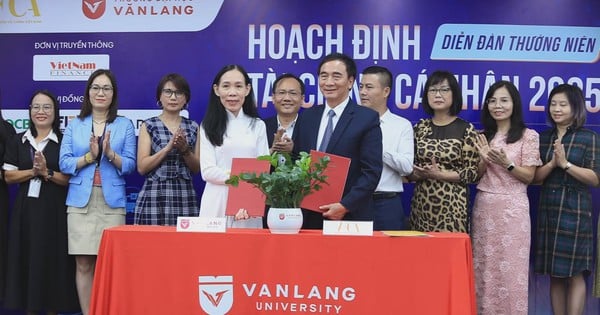
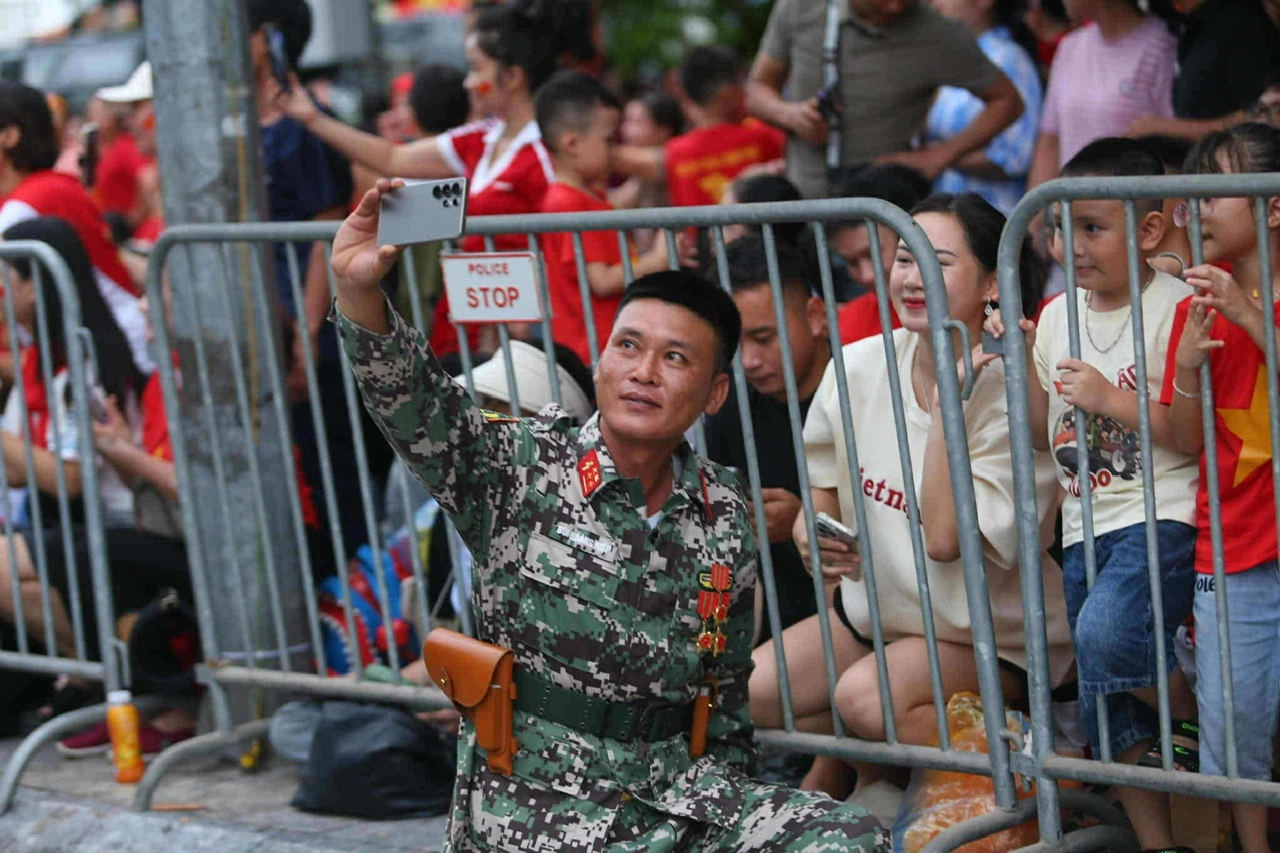


















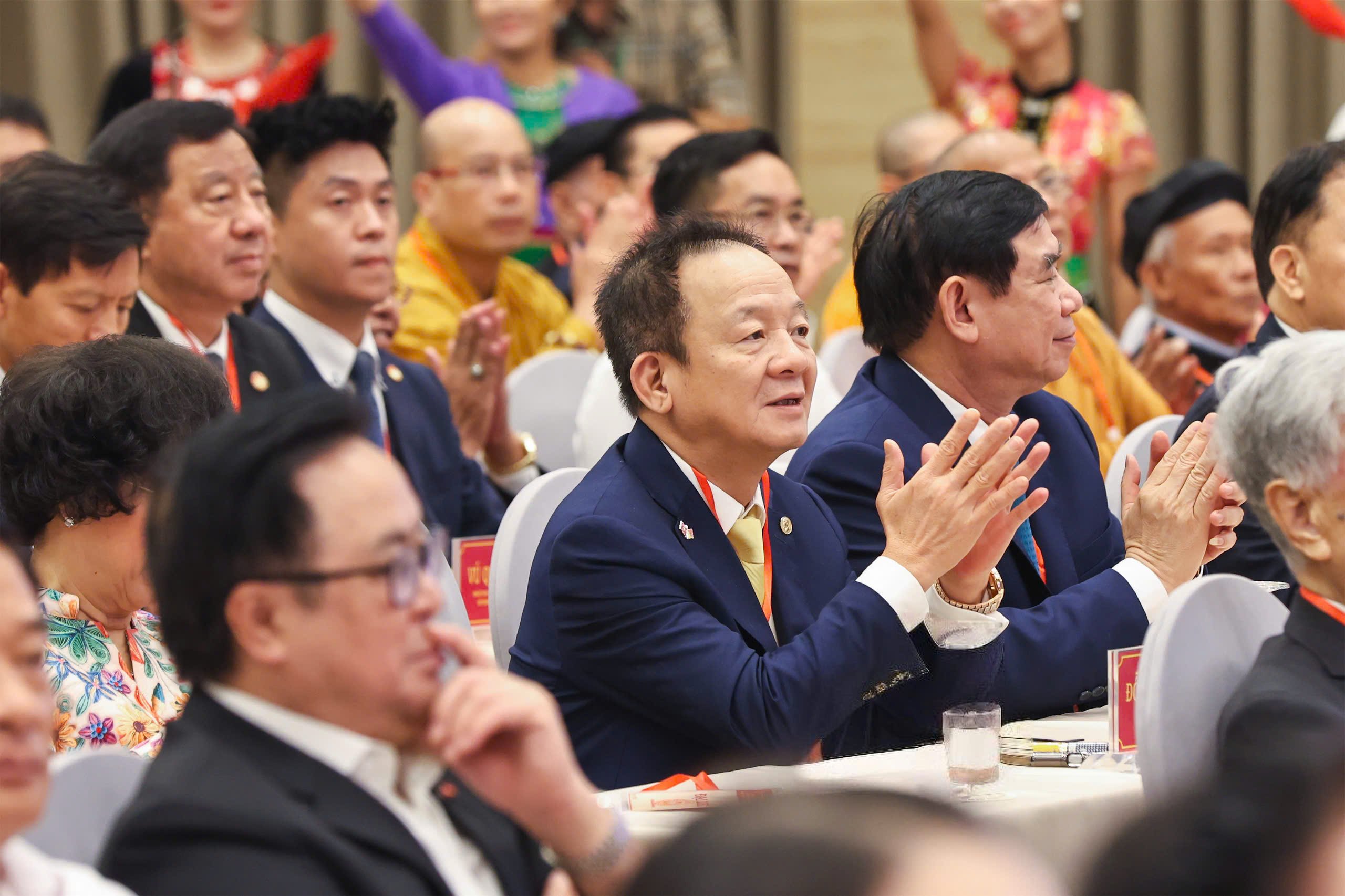













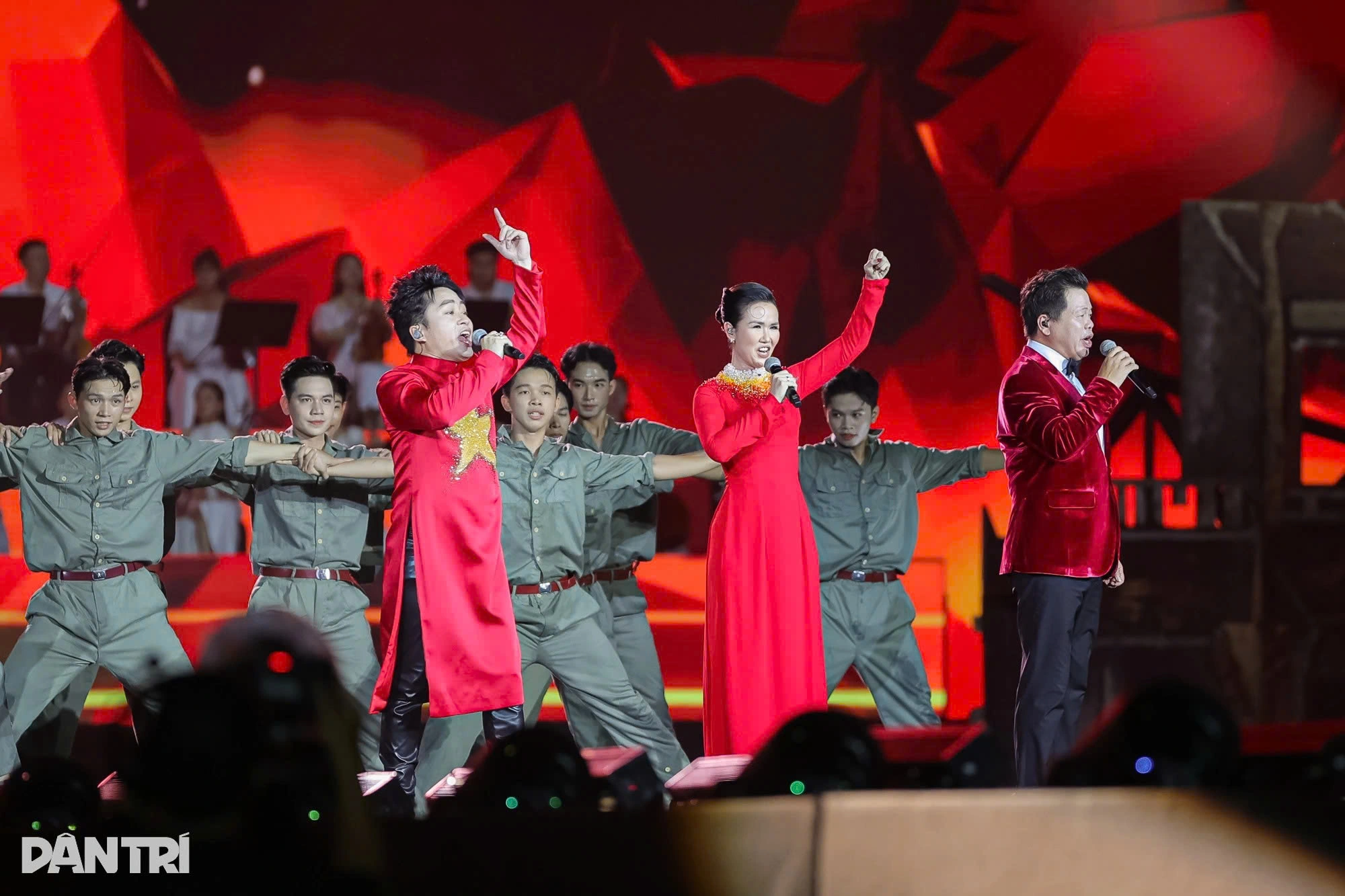
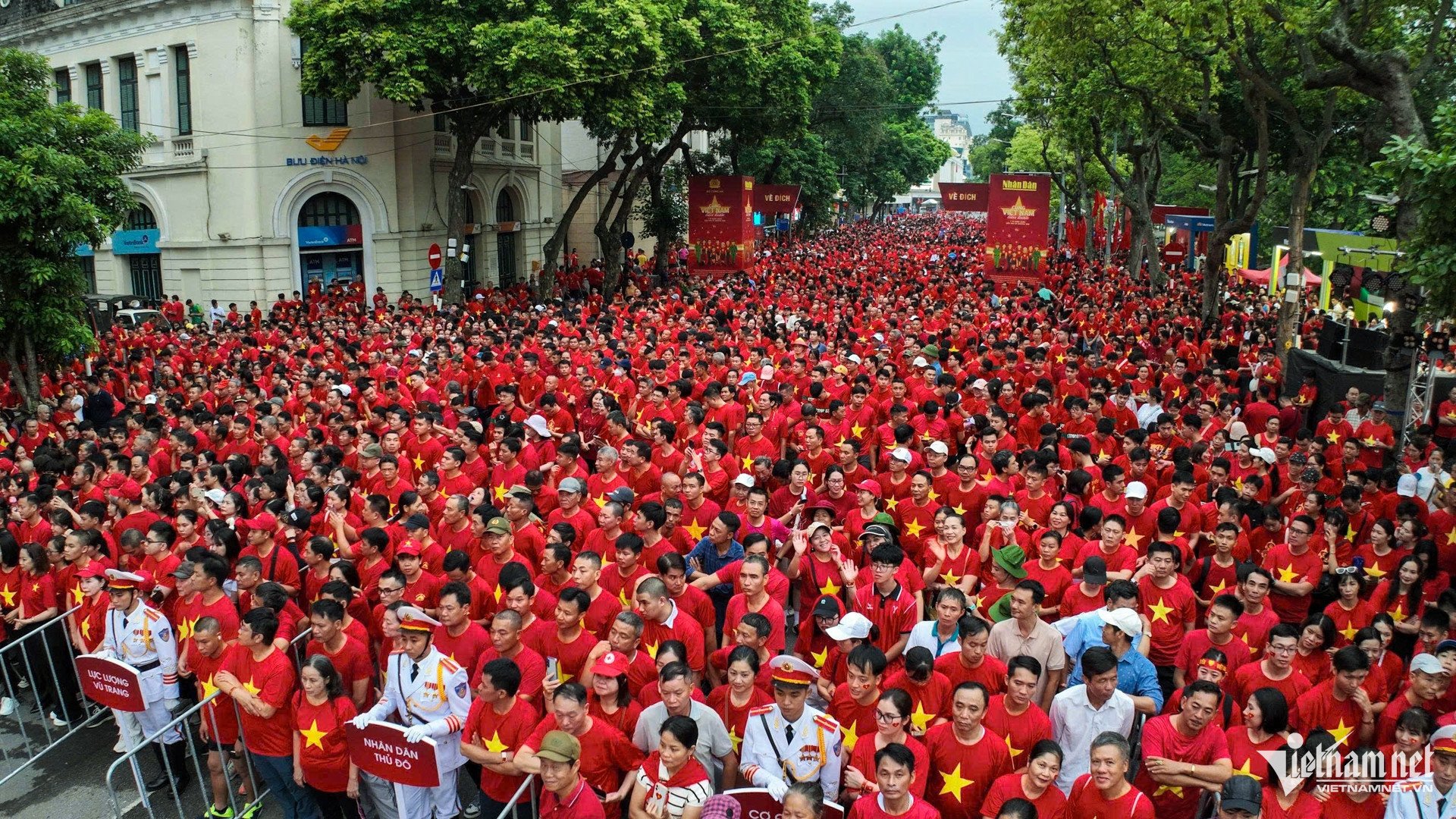

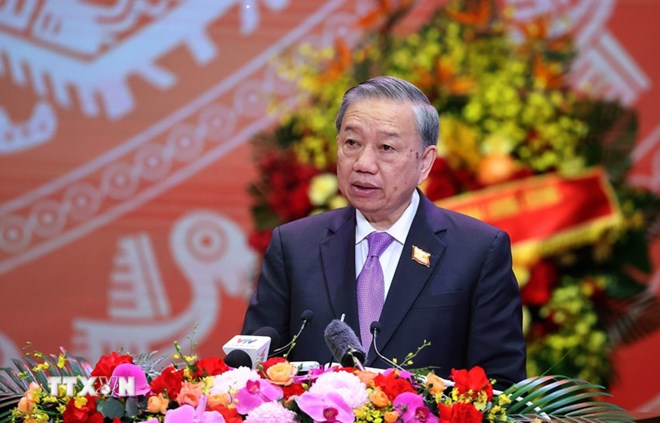

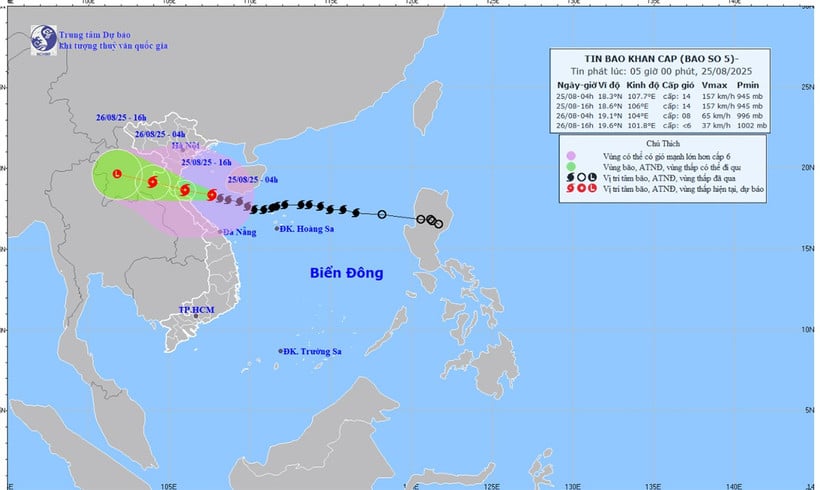

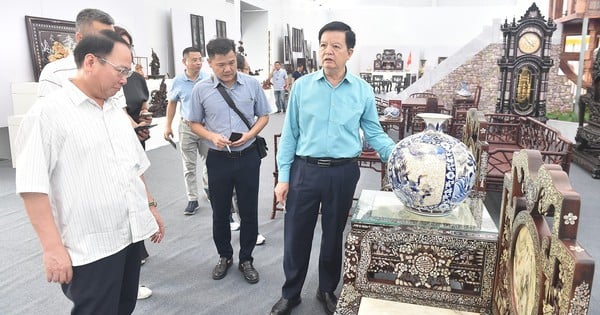








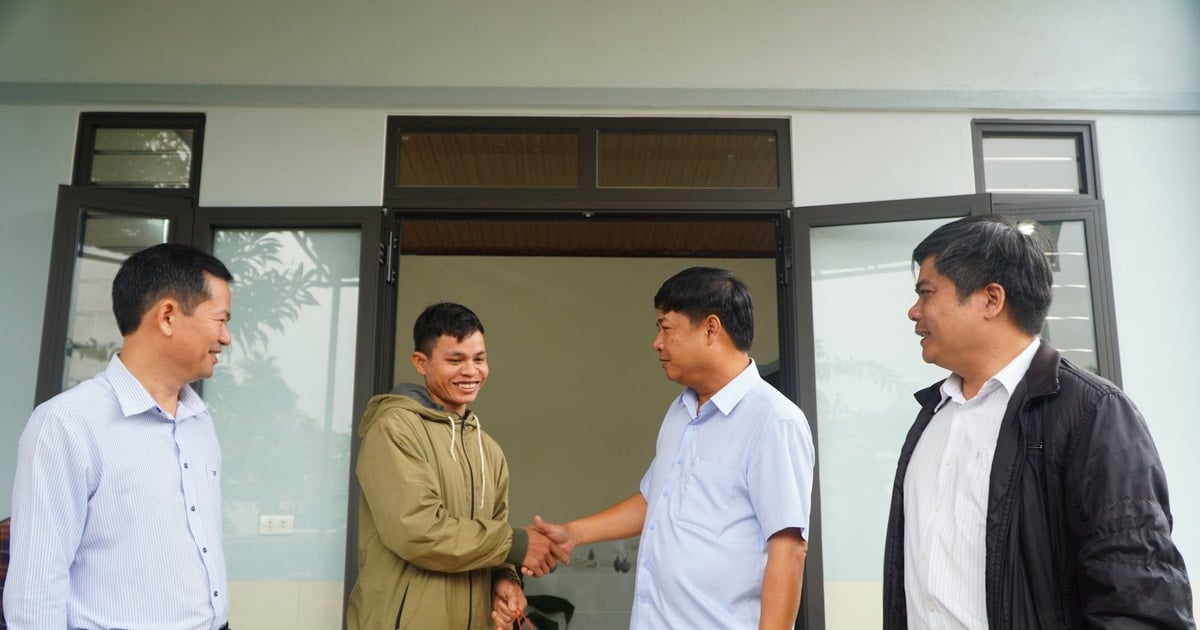
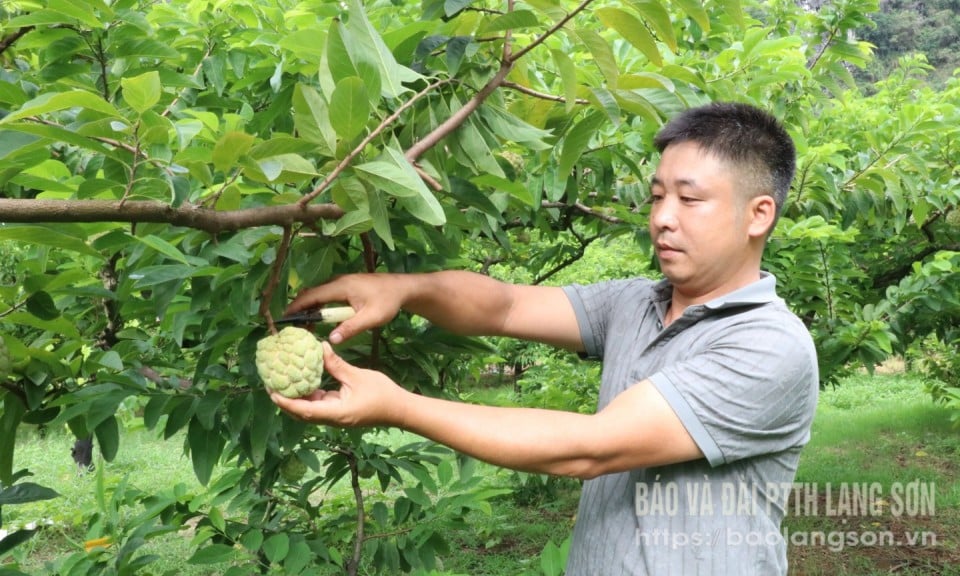

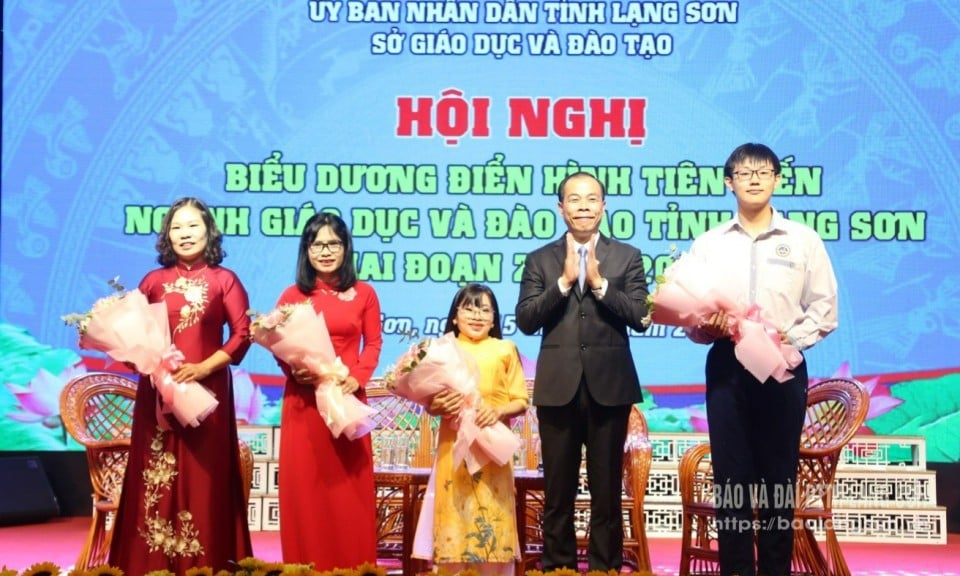
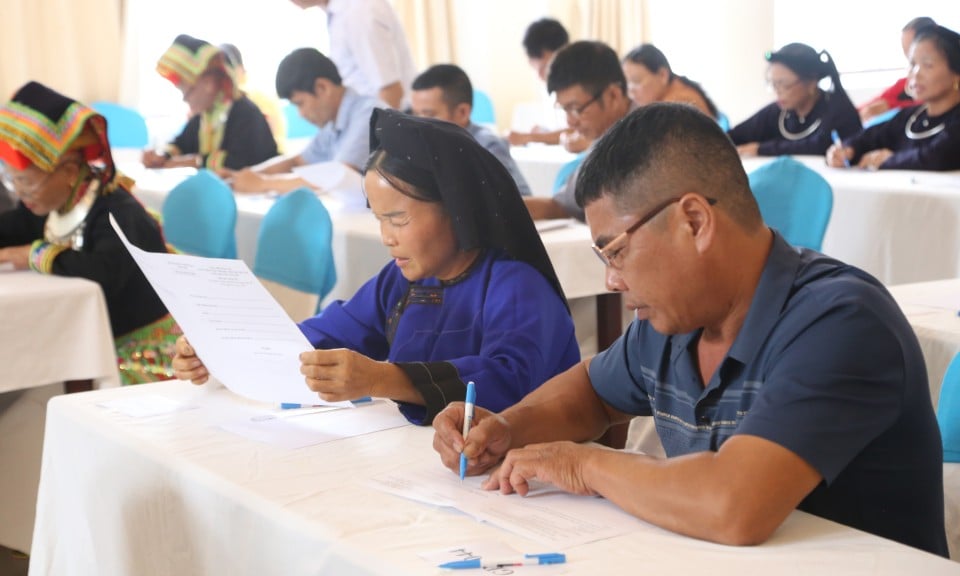
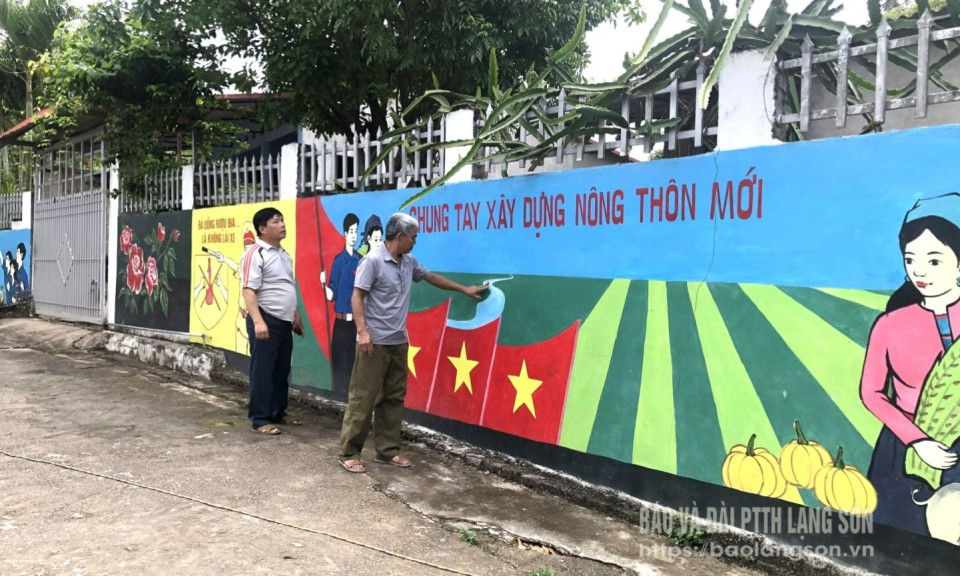













Comment (0)